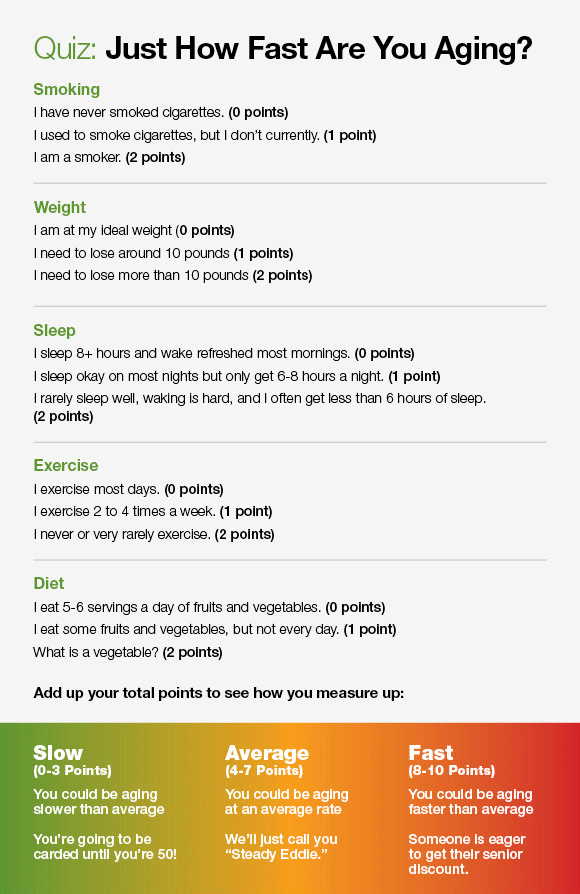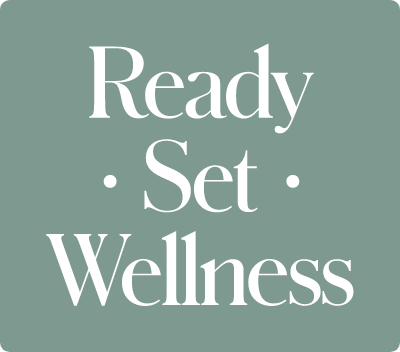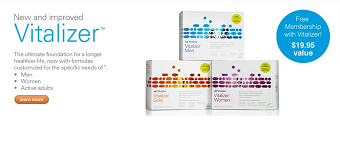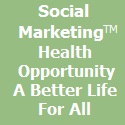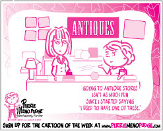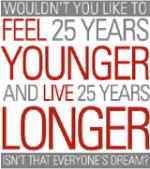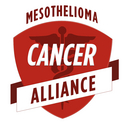Have you ever noticed that some people age faster than others? Scientists are learning that we may actually be able to slow the aging process by changing some of our unhealthy habits.
Scientists who study aging have found there are many things that can speed your aging:
High Stress
Stress and anxiety are a normal part of life and usually aren’t a problem until they become an everyday event. Stress raises many hormones, including cortisol, which can impact the way we look and how fast we age.1 In a recent study, women with a high level of anxiety had biological markers of women who were six years older.2
Smoking
When you look at the faces of people who are long-term smokers you can see that smoking destroys our skin and is associated with many chronic diseases including heart disease and stroke, as well as lung cancer.3
Too Much Sun Exposure
While the sun is good for us as a great source of vitamin D, ultraviolet radiation is well known to age skin.4
Poor Sleep
Short-term sleep restriction (such as having a bad night’s sleep) has a variety of adverse effects including aising blood pressure, impairing blood sugar control, and increasing inflammation which all accelerate aging. But when people don’t sleep well over a long period of time (less than 7 hours of sleep) they are at increased risk for cardiovascular disease, diabetes, and all-cause mortality. 5
Eating Poorly
Many foods seem to increase aging including trans-fats, processed and hydrogenated oils.6 Refined sugars produce a chemical reaction called advanced glycation end-products (AGEs) in our bodies and these have been tied to diseases including cataracts, Alzheimer’s disease, cardiovascular disease, and stroke.7
Overweight
Obesity has been called a state of chronic inflammation and oxidative stress8 and is associated with a variety of diseases, including diabetes, colon cancer, gallstones, hypertension, heart disease, and stroke (men only).9,10
Not Exercising
Sedentary lifestyles have long been associated with being less healthy. People who don’t exercise are more likely to be overweight, have higher risk for diabetes, heart disease and even certain cancers.11
What’s your score?
Leave a comment.
1 Wikgren M, Maripuu M, Karlsson T, et al. Short telomeres in depression and the general population are associated with a hypocortisolemic state. Biol Psychiatry. 2012 Feb 15;71(4):294-300. PMID: 22055018.
2 Okereke OI, Prescott J, Wong JY et al. High phobic anxiety is related to lower leukocyte telomere length in women. PLoS One. 2012;7(7):e40516. PubMed PMID: 22808180.
3 http://www.cdc.gov/tobacco/data_statistics/fact_sheets/health_effects/effects_cig_smoking/index.htm
4 Polefka TG, Meyer TA, Agin PP, Bianchini RJ. Effects of solar radiation on the skin. J Cosmet Dermatol. 2012 Jun;11(2):134-43. PMID: 22672278.
5 Alvarez GG, Ayas NT. The impact of daily sleep duration on health: a review of the literature. Prog Cardiovasc Nurs. 2004 Spring;19(2):56-9. PMID: 15133379.
6 Stender S, Dyerberg J. Influence of trans fatty acids on health. Ann Nutr Metab. 2004;48(2):61-6. Epub 2003 Dec 16. PMID: 14679314.
7 Luevano-Contreras C, Chapman-Novakofski K. Dietary advanced glycation end products and aging. Nutrients. 2010 Dec;2(12):1247-65. doi: 10.3390/nu2121247. Epub 2010 Dec 13. PMID: 22254007.
8 Vincent HK, Innes KE, Vincent KR. Oxidative stress and potential interventions to reduce oxidative stress in overweight and obesity. Diabetes Obes Metab. 2007 Nov;9(6):813-39. PMID: 17924865.
9 Hubert HB, Bloch DA, Oehlert JW, Fries JF. Lifestyle habits and compression of morbidity. J Gerontol A Biol Sci Med Sci. 2002 Jun;57(6):M347-51. PMID: 12023263.
10 Field AE, Coakley EH, Must A, et al. Impact of overweight on the risk of developing common chronic diseases during a 10-year period. Arch Intern Med. 2001 Jul 9;161(13):1581-6. PMID:11434789.
11 Kruk J. Physical activity in the prevention of the most frequent chronic diseases: an analysis of the recent evidence. Asian Pac J Cancer Prev. 2007 Jul-Sep;8(3):325-38. PMID: 18159963.
© Shaklee Corporation 2000-2014
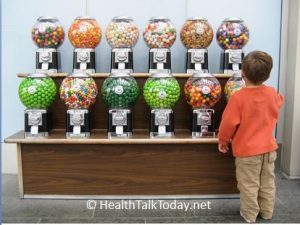

 It’s 3 am and I can’t sleep … again!
It’s 3 am and I can’t sleep … again!